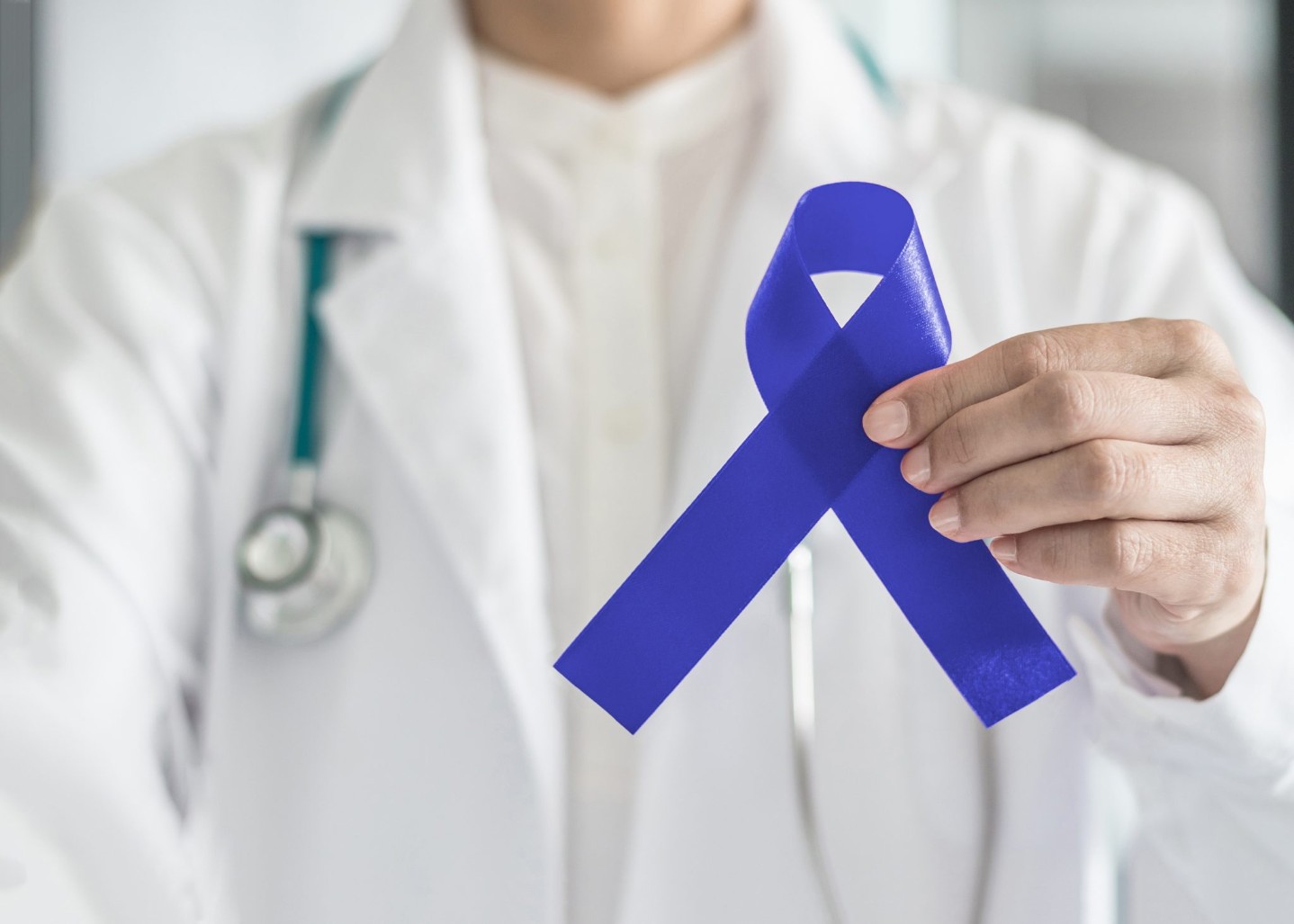The Silent Threat: Radon and Lung Cancer in Non-Smokers
NOV 03, 2025Radon is the number one cause of lung cancer in non-smokers and the second leading cause overall, right behind smoking.
Read More
Want some good news about colorectal cancer? The death rate has been dropping for men and women over the last several decades. Experts believe it has a lot to do with screening tests that detect and remove polyps earlier, plus treatments that have improved.
Now the not so good news. The data is showing that colorectal cancer cases among young and middle-aged people are on the rise. Researchers cite several possible factors, including poor diets, obesity, sedentary lifestyles and environmental factors.
The positive side of this trend is that you have the power to detect colon cancer early, when it’s most treatable, and reduce your risk for a lifetime.
Age 45 is the new 50 for colorectal cancer screenings. The American Cancer Society lowered its recommendation to age 45 due to the cases appearing in younger people. With early detection, you have the best opportunity to catch colon cancer when it’s most treatable.
A colonoscopy is considered the best test for finding precancerous polyps and the only test that makes it possible to remove precancerous polyps during the exam.
People with average risk get their first colonoscopy at age 45, which is five years earlier than previous recommendations. Then, get your colonoscopy every 10 years, or more frequently if recommended. Keep in mind, if you are at increased risk of colon cancer, your provider may recommend getting your first colonoscopy at a younger age.
During the colonoscopy procedure, you’ll receive mild sedation while a lighted tube is used to look inside your entire colon to find and remove polyps that may be cancerous.
There are also at-home screening options that find DNA or blood in the stool that can’t be seen with the naked eye. These tests can be done yearly, and if there’s a positive result, you’ll need a colonoscopy to confirm findings. Your provider can talk to you about options available to you.
A healthy lifestyle can help you reduce your risk for colon cancer and other diseases. Actions you can take now to help reduce your risk include:
Symptoms of colon cancer typically do not appear until later stages of the disease. If you do experience any of these symptoms, talk to your provider right away:
Colorectal cancer is still the third most common cause of cancer deaths in the U.S., but there’s much you can do to protect yourself. Start by talking to your provider about when you should start screening - and what lifestyle changes you can make to reduce your risk for years to come. Learn more about the screenings offered at CHI Health.

Radon is the number one cause of lung cancer in non-smokers and the second leading cause overall, right behind smoking.
Read More
A Nurse Practitioner answers your essential mammogram questions. Understand timing, prep, the procedure, callbacks, and financial options.
Read More
Radiotherapy is a finely tuned, powerful partner that can work with your surgery to give you the best possible outcome for breast cancer.
Read MoreWhen you need local health information from a trusted source, turn to the CHI Health Better You eNewsletter.